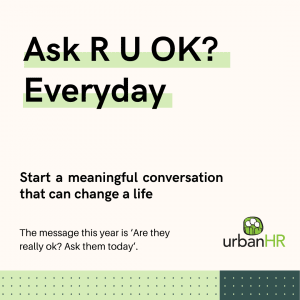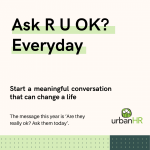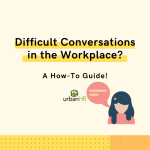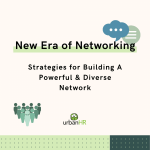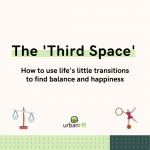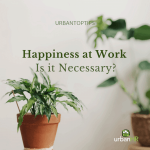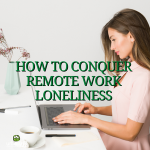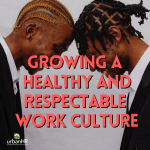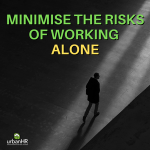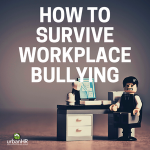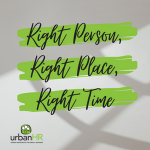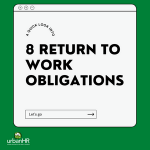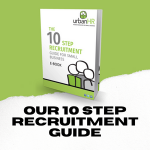
Ask ‘R U OK?’ Everyday
With R U OK Day this Thursday, is there someone around you who could genuinely benefit from being asked that question?
In the lead up to this event, we recommend it might be worth taking closer notice of colleagues, friends, family and others around you to observe how they’re going – often, it’s the little subtle things that can be so telling that someone isn’t OK.
We advise workplaces to focus on mental health issues, to normalise and to have meaningful conversations to try to identify, help and avoid potential incidences of suicide.
Employees may be struggling to cope, and employers can play a role in creating an environment of acceptance and normalise asking for help. Managers can ensure they are providing helpful information and the support structures which employees may need.
Although asking someone, R U OK? is the first critical step, it can still be challenging for managers or colleagues to know how to support employees with mental health issues or how they can continue a sensitive conversation once started.
Here are some tips to help open that conversation, provide that much-needed guidance or support and continue the momentum through to a positive outcome.
#1. How do I know if someone needs support?
Over the last fortnight, have you noticed two or more of the below among any team members?
If so, that person might need some extra support, and it’s time for you to start a conversation.

Changes in their physical appearance?
- Seems flat or drained of energy
- Expressed physical health issues such as headaches or migraines
- Are they eating much more or much less than usual
- Seems more fidgety and nervous than usual
Changes in their mood?
- Seem more irritable, snappy and fly off the handle when they didn’t use to
- Appear more anxious and worried about everything (i.e. work and personal things)
- React more emotionally than the situation deserves
- Appear to be overwhelmed by tasks that they had previously found manageable
Changes in their behaviour?
- Seem more withdrawn than usual
- They don’t seem to enjoy hobbies/ interests like they used to
- Are taking on more work to avoid being in social situations with others
- They are not performing to their usual standard
Changes in how their thoughts are expressed?
- Communicate a tendency to catastrophise everything (“It’s always terrible…”)
- Have thoughts that sound more confused or irrational
- Are complaining about constant thoughts and difficulty switching them off

#2. How to Ask – R U Okay?
After stating the observed behaviour and expressing concern, ask clearly and directly, “Are you okay?” When guiding this discussion, we suggest:
- Listen: Take what they say seriously. Listen to what the person is saying and also listen for how they are feeling.
- Don’t interrupt or rush the conversation: At the end, summarise what you have heard to check that your understanding is correct. If they need time to think, try and sit patiently with the silence.
- Encourage them to explain: Let them know you’re asking because you’re concerned.
- Do not go into solution mode: It is not helpful to fix the problem or give solutions, as this may make the employee feel judged or criticised and sometimes make the situation worse.
- You do not need to counsel the person: If you are not a counsellor or psychologist, you should not try to take on that role for the person. You can suggest that professional help is needed and available.
#3. Encourage Action
Help them think about one or two things that can be done to manage the situation better. You could suggest they take some time out for themselves or do something fun or relaxing. Ask the following questions:
- Where do you think we can go from here?”
- What would be a good first step we can take?”
- What do you need from me? How can I help?”

Good options for action might include talking to family, a trusted friend, doctor, or Employee Assistance Provider.
If you’ve found a particular strategy or health service useful, share it with them. You can say something like: “When I was going through a difficult time, I tried this… You might find it useful too.”
Be optimistic about the role of professionals in getting through tough times, but understand that it may take a bit of time to find the right one. You can find all sorts of help here: ruok.org.au/findhelp
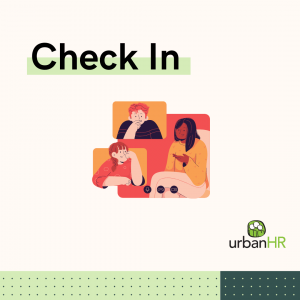
#4. Check In
Asking someone, ‘R U OK?’ is the start of a conversation. For workplace managers or colleagues, what is vitally essential is follow-up.
Having reached out and connected with someone suffering from a mental illness, it is essential to provide the support necessary for better health and keep monitoring for signs of improvement or ongoing issues.
Pop a reminder in your diary to call them in a couple of weeks, “I’ve been thinking of you and wanted to know how you’ve been going since we last chatted.”
Ask if they’ve found a better way to manage the situation. If they haven’t done anything, don’t judge them. They might need someone to listen to them for the moment.
Understand that sometimes it can take a long time for someone to be ready to see a professional. We can’t rush this or force someone to seek support. Instead, remain optimistic about the benefits of getting help and try not to judge them.
Stay in touch and be there for them. Genuine care and concern can make a real difference.
As always, should you need some help, please get in touch.

